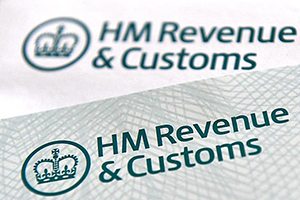If you want to know more about tax, the last place to seek advice is from HM Revenue & Customs (HMRC), according to a new report.
HMRC should have a more open and honest attitude to dealing with individuals, business and tax agents and do more to help people sort out their tax problems.
For years, HMRC has worked on the premise that the organisation cannot give tax advice, but will fine and chastise taxpayers for making mistakes or missing deadlines.
Judges in several courts have criticised the organisation for publishing misleading or inaccurate guidance, while a recent tax tribunal told a taxpayer and her accountant that they could not rely on advice given by a tax inspector.
The in-house report HMRC Stakeholder Engagement Research 2014 suggested the main problems with communication laid with a high turnover of staff and moving tax services online.
Damaged relationships
Tax agents and businesses argued continual staff changes meant HMRC’s ‘corporate memory’ was diminishing and was damaging relationships.
The researchers were told professionals were tired of having to explain their problems to a succession of new office holders and that this was made worse by HMRC officers having to refer to other departments to make decisions because they did not have the seniority, qualification or experience to make decisions.
The report concluded this was leading to inconsistent responses and a lack of confidence in dealing with HMRC from outside organisations and individuals.
A consistent complaint was although HMRC concentrated on collecting tax, too little effort was put into helping individuals and businesses get their tax right and to treat taxpayers fairly.
The report, written by independent firm ICM Research Ltd praised HMRC’s senior executives for offering a willing ear to outsiders, but felt this willingness was not carried through the organisation at all levels.
Poor customer service
Poor customer service and digitising services in a way which made discussing day-to-day tax issues with the department difficult were cited as key problems.
The report revealed improving customer service was a key objective – alongside maximising revenue and decreasing costs.
“The controversial measure of closing face-to-face contact centres was generally seen as a good move, but most stakeholders felt that other avenues of communication should have been improved as the only way to speak to HMRC is now by telephone or letter,” said an ICM spokesman.
“A significant minority question if HMRC is actually listening to them.”
